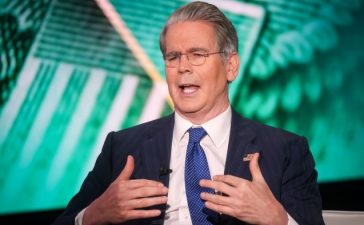Well, the first suspect is, predictably, Covid. While the number of firms exhibiting had dipped in 2019 and was looking down again, the February 2020 Geneva show was still looking strong until organisers decided to cancel it at the last possible minute as the virus spread into Europe.

Covid also scuppered the 2021 edition, and with that momentum lost, Geneva’s organisers couldn’t find the funding to stage the event again in 2022 or 2023. And by the time this year’s event was held, it felt like the industry had worked out how to cope without it. There were already concerns about the viability of motor shows, but Covid rapidly amplified that.
But the organisers can’t just blame the pandemic: many in the industry are still angered by the way in which the 2020 event was cancelled abruptly at the last possible minute – with many of the stands already built – and with no refunds dished out.
Some of the car firms were so enraged that they wouldn’t return their support in subsequent years.
In hindsight, Geneva’s organisers were dealt a tough hand by the way that Covid spread – albeit one they surely could have dealt with better. But their attitude was undoubtedly a factor, even if current CEO Sandro Mesquita did much to try and win back over the industry with a new approach in recent years. The event tried to be more inclusive and immersive, but there were constraints: Geneva in February isn’t really compatible with outside events so it couldn’t replicate elements of the hugely successful Goodwood Festival of Speed or similar.









